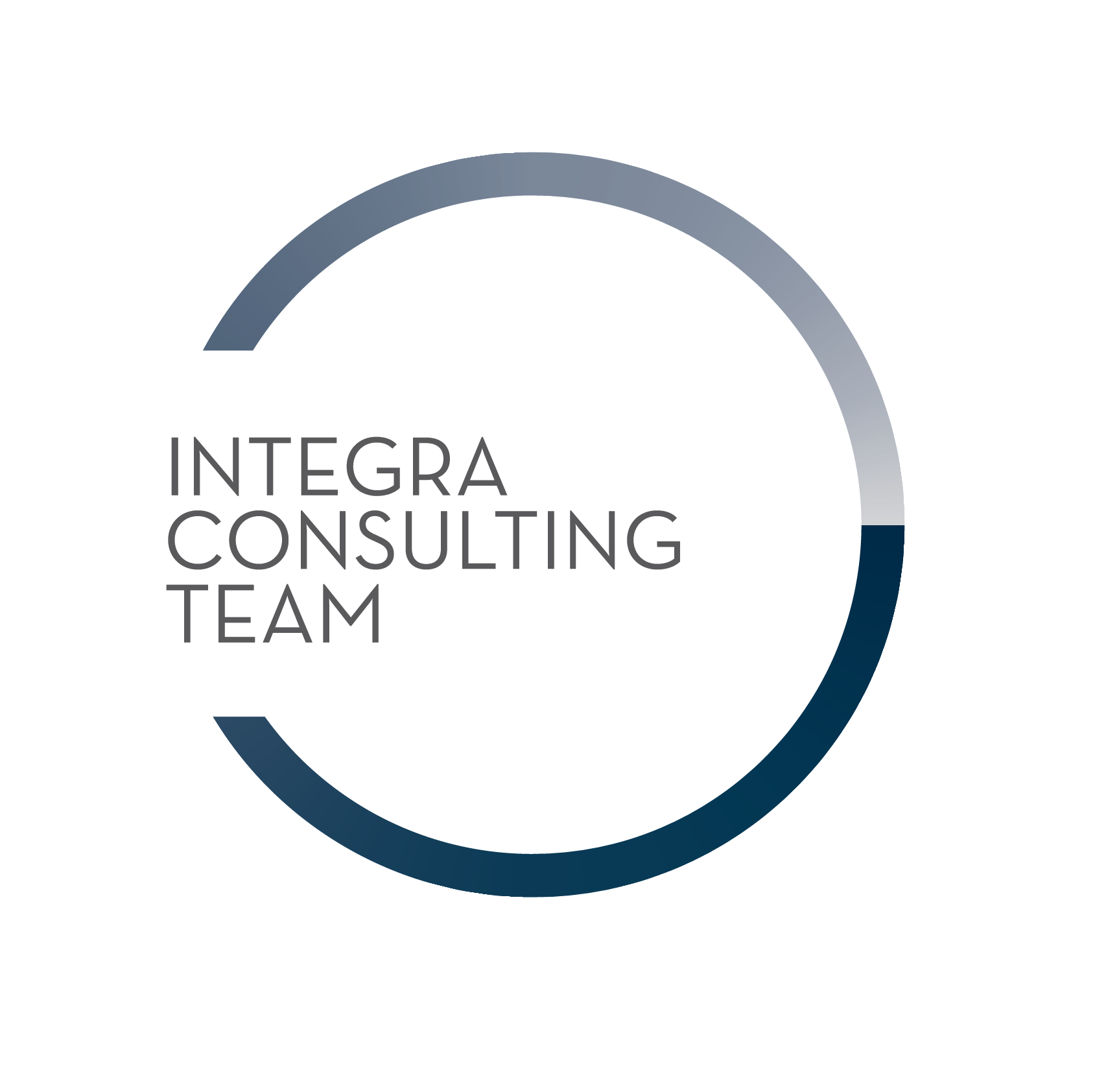Technical Challenges vs. Adaptive Challenges
Technical Problems vs. Adaptive Challenges
According to Ronald Heifetz the single biggest failure in the exercise of leadership is to treat adaptive challenges like technical problems, and therefore to apply technical solutions.
The need to differentiate between technical and adaptive challenges is crucial to managers, teachers, and parents. Appreciating this difference will provide us with the possibility to clearly define the purpose and the more effective line of action.
Technical challenges are those that can be solved by the knowledge of experts, whereas adaptive challenges are complex and ambiguous in nature, and may be volatile or unpredictable. Solutions to this type of challenges usually require people to learn new ways of doing things, change their attitudes, values and norms and adopt an experimental mind-set.
When confronted with an issue, dilemma or challenge most managers, teachers, parents emphasize Control Motivation based on reward and punishment which is more related to technical challenges.
Autonomous Motivation on the other hand, addresses individual development; the urge to increase our personal mastery, the willingness to explore and follow our own decisions, and most importantly, to define a clear personal purpose. These require the exploration of adaptive solutions. The process is time consuming, requires more patience, the courage to take a good look in the mirror, and at times dealing with setbacks.
TECHNICAL PROBLEMS
1. Easy to identify.
2. Often lend themselves to quick and concrete solutions
3. Often can be solved by an authority or expert
5. People are generally receptive to technical solutions
6. Technical solutions can often be implemented quickly—even by decree
ADAPTIVE CHALLENGES
Difficult to identify and easy to deny.
When leaders are solving adaptive challenges, they need to think systemically in order to understand the whole array of actors involved, they need to understand the root causes which will require committing time and energy.
Require changes in values, beliefs, roles, relationships, and approaches to how to accomplish goals
People with the problem are the main actors who need to do the work of solving it
Require change in numerous places; usually cross organizational boundaries, therefore requires systems thinking.
People often resist while acknowledging the existence of the adaptive challenge.
Solutions require experiments and new discoveries; they can take a long time to implement and cannot be implemented by decree: “You have to trust each other.”
What kind of conversations do you tend to emphasize with your subordinates, students or children? Do you want quick fixes or is your purpose to develop creative, autonomous thinkers capable of generating their own solutions?
Adaptive challenges require adaptive leadership. Adaptive leadership is based on the principles of shared responsibility and continuous learning
